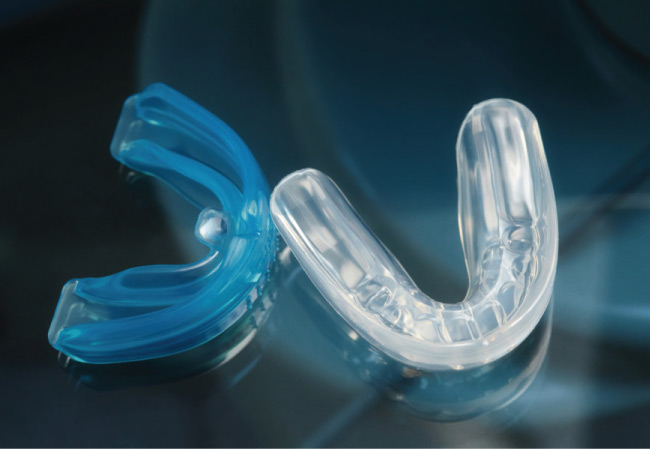
Teeth grinding, or bruxism, is a common condition that can occur during the day or at night. While occasional teeth grinding is not a serious issue, chronic teeth grinding can lead to long-term damage to your teeth, jaw, and overall oral health. Unfortunately, many people may not even realize they grind their teeth at night. If you’re experiencing any of the following signs, you may want to consider reaching out to a dentist near you to seek treatment.
Jaw Pain or Discomfort
One of the most common signs of teeth grinding is jaw pain or discomfort. If you wake up in the morning with a sore or tender jaw, or experience pain or tenderness throughout the day, it may be a sign that you’re grinding your teeth at night. Over time, the repeated pressure on your jaw joint and muscles can lead to temporomandibular joint disorder (TMD).
Headaches
If you’re experiencing frequent headaches, especially in the morning, it could be a sign of teeth grinding. The pressure created by grinding your teeth at night can lead to tension headaches, which can be a persistent problem if left untreated.
Worn Teeth
Another sign of teeth grinding is worn-down teeth. If your teeth appear shorter than they used to or have developed flat or jagged edges, it could be a sign of grinding. Over time, chronic teeth grinding can wear down the enamel of your teeth, making them more susceptible to decay and damage.
Get Relief from Teeth Grinding Today
If you’re experiencing any of these signs, we encourage you to reach out to our office. At Reen Chung, DDS, our team can evaluate your teeth and jaw and recommend a treatment plan to help prevent further damage and relieve any pain or discomfort.
By taking steps to address teeth grinding early on, you can protect your oral health and prevent more serious problems down the line!
Contact Us